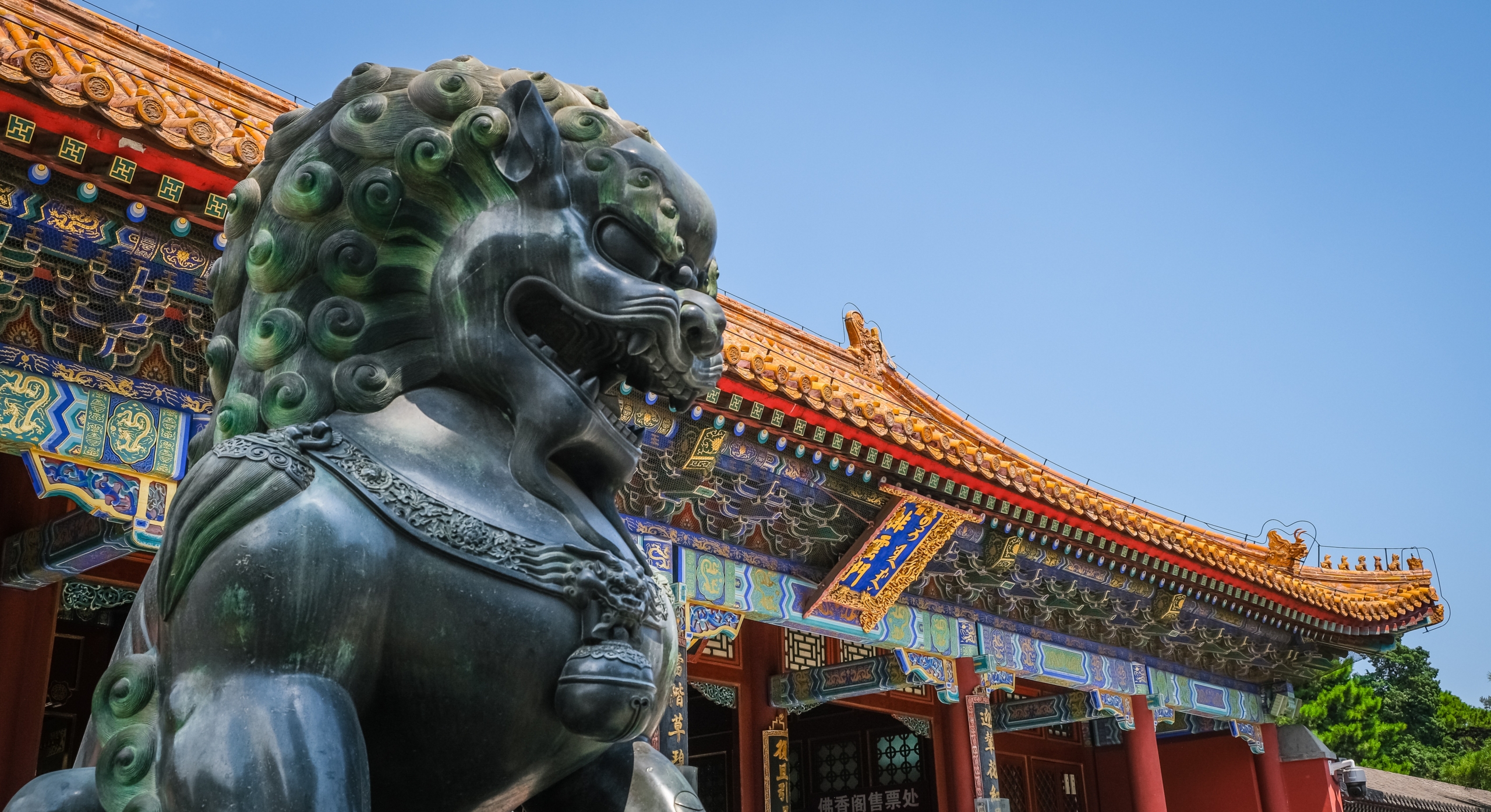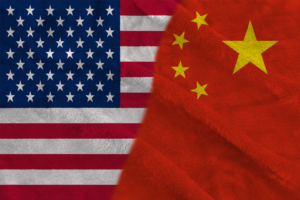Importing goods from China has become increasingly popular in recent years as companies around the world seek to take advantage of China’s low labor and production costs, high production capacity, and wide product range. However, many challenges are associated with importing from China, including long lead times, quality control issues, intellectual property concerns, language and cultural barriers, and difficulty enforcing contracts and resolving disputes.
One of the most significant advantages of importing from China is the low cost of goods. China is known for having low labor and production costs, which allows companies to purchase goods at a lower price than they would be able to elsewhere. This is particularly true for manufactured goods, such as electronics and clothing, which are often significantly cheaper in China. Additionally, China’s high production capacity allows companies to purchase goods in large quantities at a faster pace.
Another advantage of importing from China is the wide range of products available. Chinese manufacturers produce a wide variety of goods, from consumer goods to high-tech products. This allows importers to find a wide variety of products to import, which can help them to diversify their product range and meet the needs of their customers. Additionally, China’s rapidly developing economy and heavy investment in research and development mean that importers can access new technologies and products, which can help them to stay ahead of the competition.
However, there are also many challenges associated with importing from China. One of the most significant is the long lead times and unpredictable delays common when importing from China. Factors such as factory shutdowns, holidays, and shipping logistics can all cause delays and increase lead times. Additionally, quality control issues can be a major concern, as it can be difficult to ensure that products meet the desired specifications. This is particularly true for complex products, such as electronics, where even small defects can significantly impact the product’s performance.
Intellectual property concerns are also a major issue when importing from China. Chinese companies have been known to copy or infringe on patented or trademarked products, leading to legal disputes and financial losses for importers. Language and cultural barriers can also make communication and negotiation difficult, leading to misunderstandings and disputes. Furthermore, it can be difficult to enforce contracts and resolve disputes when importing from China, as the legal system and business culture can differ from what is found in other countries.
Tariffs and import taxes are also a consideration when importing from China, as they can increase the cost of goods and make them less competitive. Shipping and logistics can also be complicated and expensive, especially for smaller orders or less-than-container load (LCL) shipments. This can make it difficult for small and medium-sized companies to import from China, as they may not have the resources to navigate the complex logistics and customs processes.
Despite these challenges, importing from China remains an attractive option for many companies worldwide. The low cost of goods, high production capacity, and wide product range make it an attractive source of goods for many businesses. Additionally, China’s rapidly developing economy and heavy investment in research and development mean that importers can access new technologies and products that can help them to stay ahead of the competition. However, companies need to be aware of the challenges and risks associated with importing from China and take steps to mitigate them, such as using a reputable agent, conducting thorough quality control inspections, and thoroughly researching potential suppliers.
In summary, importing goods from China can be an attractive option for many companies as it offers a low cost of goods, high production capacity, and a wide product range. However, it also comes with challenges such as long lead times, quality control issues, intellectual property concerns, language and cultural barriers.





One Response
An interesting discussion is worth comment. I do believe that you should publish more on this subject matter, it might not be a taboo matter but generally people dont speak about these issues. To the next! All the best!!